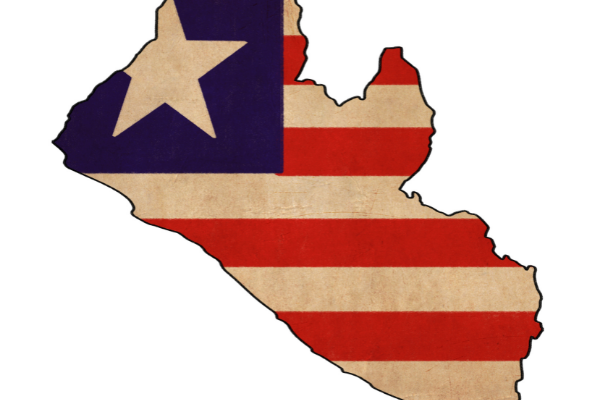
Liberia Leads, Africa Follows
- Category: Governance
- Date 22-01-2006
- 913 views
Let us face it; Liberia has made history for the whole of Africa. This is a continent of upheavals, which has largely fallen short of suave democratic principles as well as where social and political responsibility seem to be particularly distant. We always take a sluggish egalitarian step in Tanzania, Ghana, and South Africa but again take faster negative strides everywhere from Ethiopia to Uganda and Zimbabwe.
While we are thus mired, comes a sudden sweet surprise from the most astonishing quarters. Ellen Johnson-Sirleaf, 67, is elected Africa's first female head of state after Liberia's bruising presidential race of 8th November 2005, which left Africa's greatest ever footballer George Weah, 39, honking his bloody nose. The 67-year-old grandmother won 59% of the vote in November's run-off election, and was sworn in as Liberia’s President on 16 January 2006.
The minuscule grandmother suffered a politically motivated imprisonment in the 1980s for criticising the military regime of Samuel Doe. She then backed Charles Taylor's rebellion before falling out with him also and being charged with treason after he (Taylor) became President. She twice went into exile to escape her legal problems with the governments of the day.
A descendant of freed American slaves, Mrs. Ellen Johnson-Sirleaf hugely benefited from the backing of most educated Liberians. Women and some gender-sensitive men in the city were also quick to blame men for wrecking the country, adding that after almost a generation of warfare, Liberia needs a woman to put things right.
On the other hand, Liberians understood only too well that huge challenges are ranged against Sirleaf as she begins her six-year term. After a quarter of a century of war and misrule, Liberia's infrastructure has utterly been wrecked; the road network is in ruins, there is no national telephone network, no electricity even in the capital city and no piped water. A further challenge is how to reintegrate the 100,000 ex-combatants, including many former child soldiers, into civilian life.
Doubting Thomases believe that such is too thorny a task for a woman; only a man can be strong enough to endure the obvious heat. And if they have chosen to crown a woman, then it is a clear choice for the country to go back to the old chaos. As though men who have been at the helm of the country all along have ever made the conditions better.
Someone has argued that in a country like Liberia, it is not surprising that they elected a woman for President while they are in a wobbly political condition. A country in such a state would accept anything for a President, even a woman President!
I daresay this is simply a chauvinistic mentality. What a man can do, a woman can too. In Europe, Angela Merkel was elected German Chancellor while Margaret Thatcher was British Prime Minister much earlier; in Asia, Gloria Arroyo has twice been elected Philippines President, while in the Americas Michelle Bachelet is the current elected President of Chile.
When Africa’s turn came, Liberia has come from far behind and surpassed a great many peers to hold free and fair elections, a thing that is largely elusive in Africa. In addition, the clearly chaotic country has installed a woman President, Mrs. Sirleaf, a divorcee whose ex-husband died a few years ago, mother of four and grandchildren of six.
A while ago, the country has been in a Somalia-like stateless stipulation, fragmented by warlords and barricaded with international sanctions. Nevertheless, Liberia has championed the demystification the fallacy that women can only manage where things are ostensibly soft. Much of this wrong belief is premised on ulterior selfish motives and mistaken social constructs. Many African countries are not merely averse to change, they also cannot entertain the idea of a woman being their President.
By Venansio Ahabwe
Source: Peering Eye, Sunday Citizen
